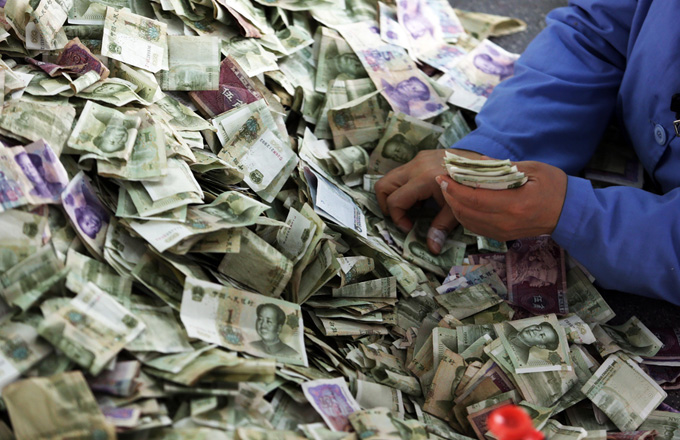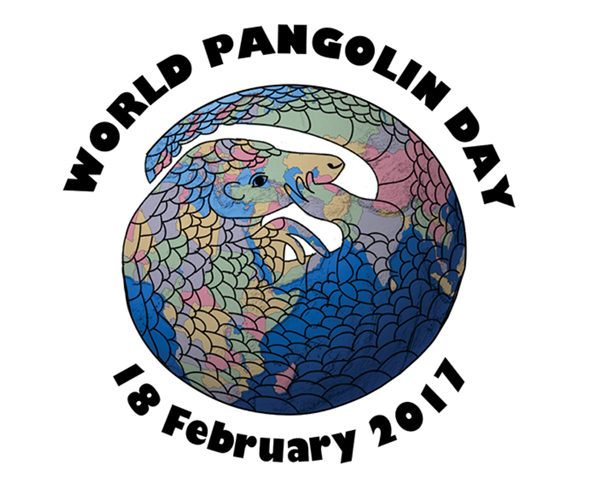Scientists striving to save rare pangolins
 |
|
Police check a pangolin seized in a smuggling case in Jiangmen, Guangdong province.[Cai Yanhong/For China Daily] |
When social media posts about endangered pangolin being eaten at banquets triggered public fury in China last week, a wildlife protection specialist saw a ray of hope.
"I hope the scandal will become a turning point in our search and rescue of the critically endangered animal," said Zhou Canying, head of the Wildlife Protection Association in Changsha, Hunan province.
Zhou and her team have trekked the mountains of Hunan for more than a year, but not spotted a single pangolin.
Earlier this month, a screen-shot of a micro blog post went viral that allegedly showed officials in southern China's Guangxi Zhuang autonomous region inviting investors from Hong Kong to eat pangolin at a banquet.
"The public rarely pays so much attention to pangolins, and I hope the incident will lead to new breakthroughs in its protection," Zhou said on Saturday, which was World Pangolin Day.
The species, which has evolved over 80 million years, was once abundant in tropical and subtropical areas of Asia, including Hunan.
But things changed drastically in the past two decades: People used excessive pesticides; trees were replaced with different varieties that produced more profitable lumber; and the remaining pangolins were caught and sold to dealers.
A survey by the provincial forestry department in 2001 confirmed that the wild pangolin population in Hunan was zero.
Pangolins are the most illegally traded mammal worldwide, with about 1 million being sold over the past decade.
In China, the animal's scaly skin is used as an ingredient in traditional Chinese medicine, and is believed to ease swelling and promote lactation. Their meat is also considered a delicacy by many.
Wu Shibao, a wildlife conservation specialist and professor at South China Normal University, said that about 300,000 pangolins are consumed in China each year.
Zhou said she has seen only one living pangolin outside a lab.
"It was at the end of 2015. Someone had saved the animal from illegal dealers and left it at a temple in Changsha. It was dying and had blood-stains on its mouth," she said.
Despite Zhou's efforts to save it, the animal died in less than two weeks. When researchers dissected it, they found gypsum in its stomach, a material used by dealers to make it heavier so it can be sold for more money.
"It was pregnant, too," Zhou said.
"I hope more people will join us to protect pangolins from such a miserable fate," she said.

























